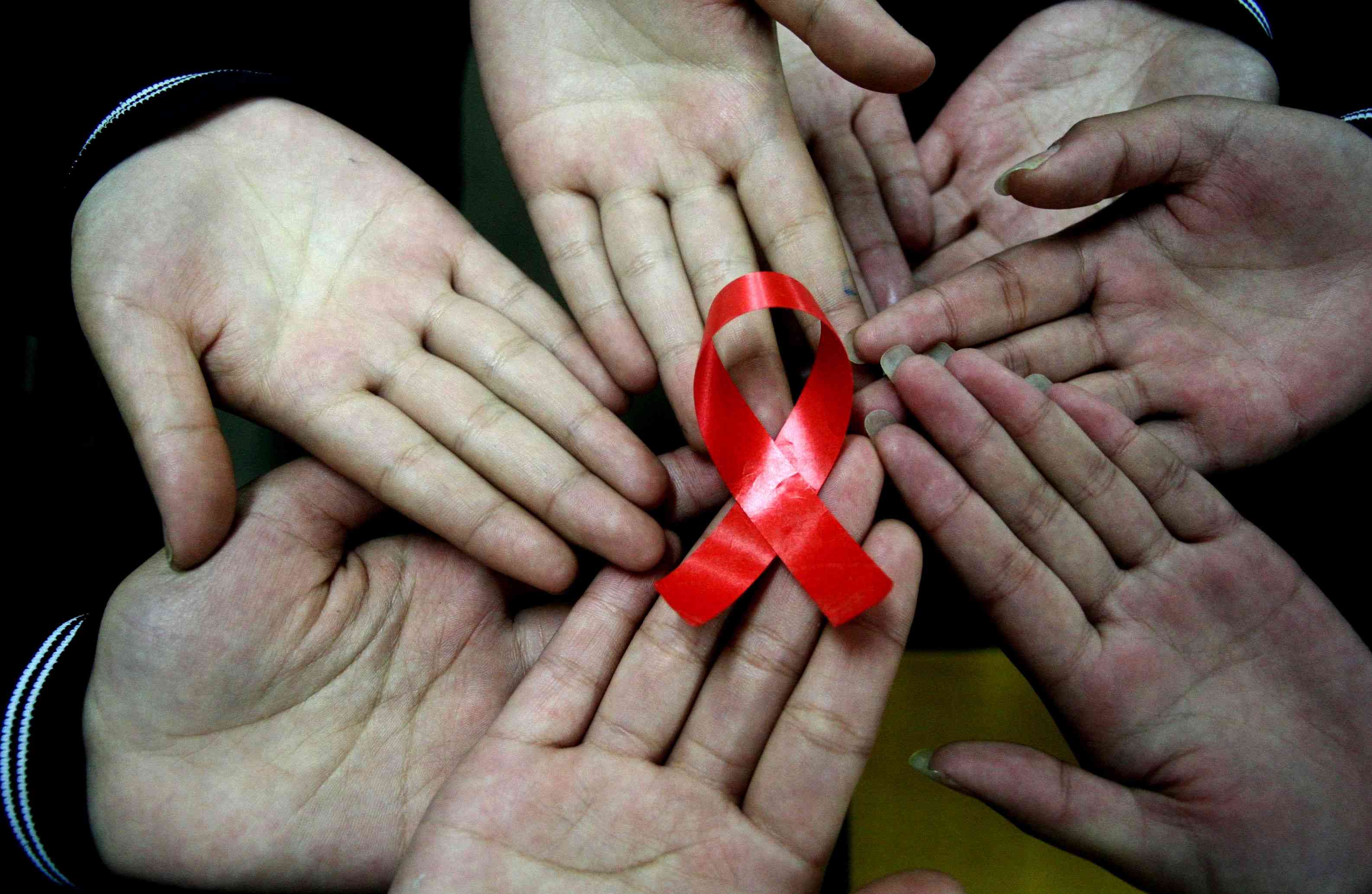
UNAids is pushing for the decriminalisation of HIV transmission and key populations’ sexual relations as well as drug possession and use.
UNAids Zimbabwe country director, Jane Kalweo, said this in a statement to mark the Zero discrimination day.
World Discrimination Day is commemorated annually on March 1 to promote equality before the law.
Kalweo said inequalities were barriers to accessing lifesaving services for marginalised groups such as key populations, adolescent girls, and young women and people living with HIV.
“Laws which criminalise HIV transmission have proven to be ineffective, discriminatory and undermine efforts to reduce new HIV infections,” she said.
“UNAids is advocating for legal reforms aimed at decriminalisation in areas such as: HIV exposure, non-disclosure, and transmission; key populations’ sexual relations; and drug possession and use.
“This ensures access to services and is a crucial step in ending Aids as a global public health.”
Kalweo said at least 4 000 adolescent girls and young women aged 15-24 got infected with HIV globally, largely because their rights were not respected.
- Decriminalise drug abuse, HIV transmission: UN
Keep Reading
“When girls’ rights to education and empowerment are realised, then their vulnerability to HIV is greatly reduced,” she said.
Kalweo commended the passing of laws repealing Section 79 of the Criminal Law Code in Zimbabwe which criminalised HIV transmission.
Experts say HIV stigma and discrimination in Zimbabwe is a major challenge that prevents people from accessing HIV prevention, treatment and care services.
People living with HIV in Zimbabwe often face social exclusion, denial of employment, housing, and education and even violence.










